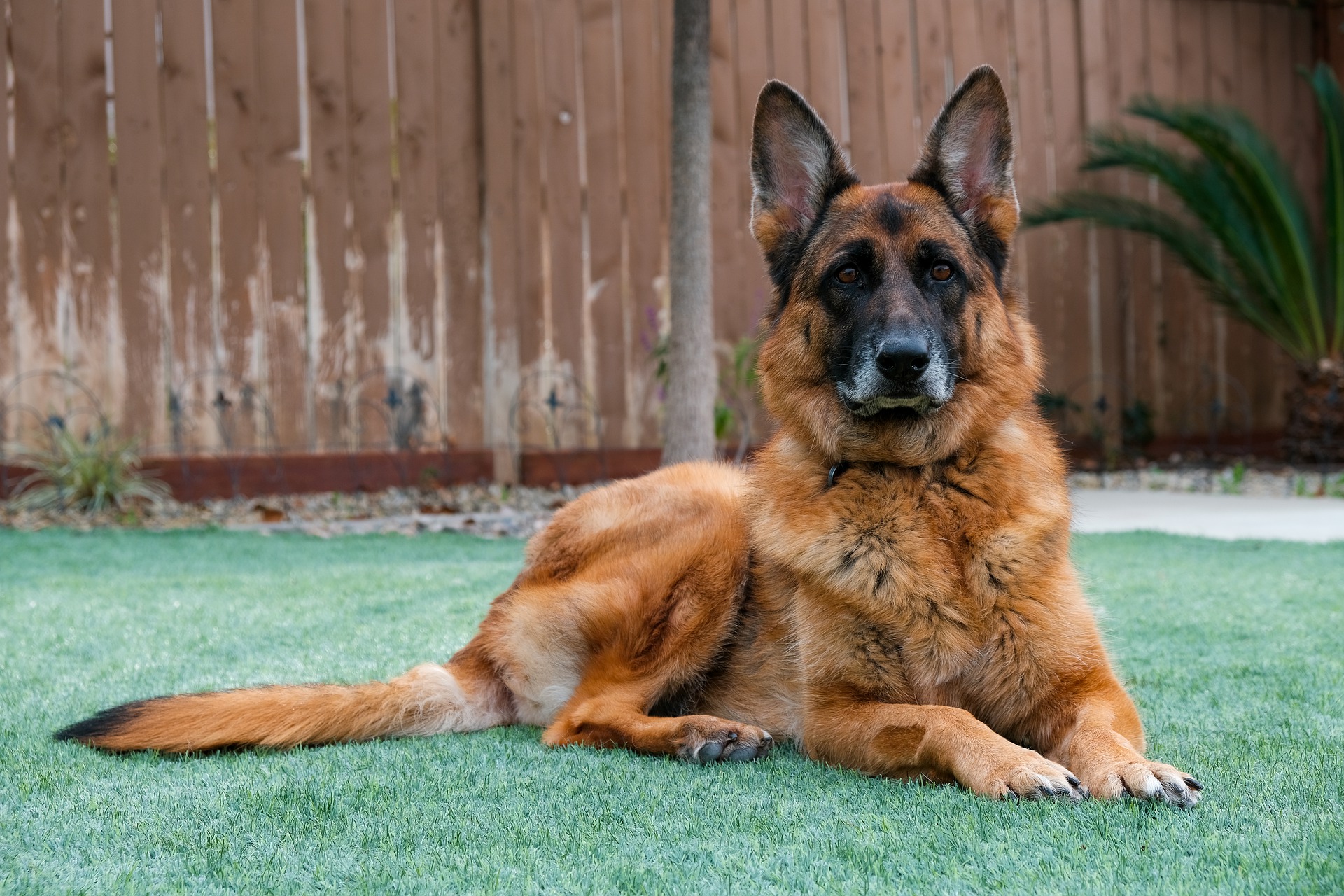Media release
From:
Animal Behaviour: Repetitive behaviours more common in dogs of first-time owners
Repetitive behaviours – such as tail-chasing – are more common among dogs belonging to first-time owners, those who live with larger families and those who exercise for less than one hour per day, according to a survey of Finnish dog-owners published in Scientific Reports.
Previous research has found that abnormal repetitive behaviours in dogs can impair relationships between dogs and owners and worsen dogs’ wellbeing, however the factors associated with repetitive behaviours have been unclear.
Hannes Lohi and colleagues surveyed the owners of 4,436 dogs from 22 breeds between February 2015 and September 2018. Owners described how often their pets engaged in a range of repetitive behaviours; tail chasing, snapping at their reflection or shadow, surface licking, pacing, staring, spending time near their water bowl and self-biting.
The researchers found that 1,315 (30%) of the dogs engaged in repetitive behaviours and that the incidence of these behaviours was associated with a dog’s home environment and lifestyle. Repetitive behaviours were 58% more likely among dogs that were their owner’s first dog, compared to those whose owner had previously owned a dog. Dogs that lived with one person were 33% less likely to engage in repetitive behaviours than those that lived with a family of three or more people while those that did not live with another dog were 64% more likely to engage in repetitive behaviours than those that did. Exercising for less than one hour per day was associated with a 53% increased likelihood of repetitive behaviours, compared to exercising for between one and two hours per day.
Additionally, repetitive behaviours were found to be most common in German Shepherd Dogs, Chinese Crested Dogs and Pembroke Welsh Corgis and least common in Smooth Collies, Miniature Schnauzers and Lagotto Romagnolos. Dogs were more likely to engage in repetitive behaviours below the age of two and over the age of eight and repetitive behaviours were 29% less likely to be carried out by dogs that had not been neutered, compared to those that had. Repetitive behaviours were also more common among dogs that were reported by their owners to be more hyperactive, aggressive and more easily distracted.
The findings suggest that repetitive behaviours in dogs are complex and associated with a range of environmental, lifestyle and genetic factors. The authors propose that understanding these factors could help improve dog welfare.



 International
International



